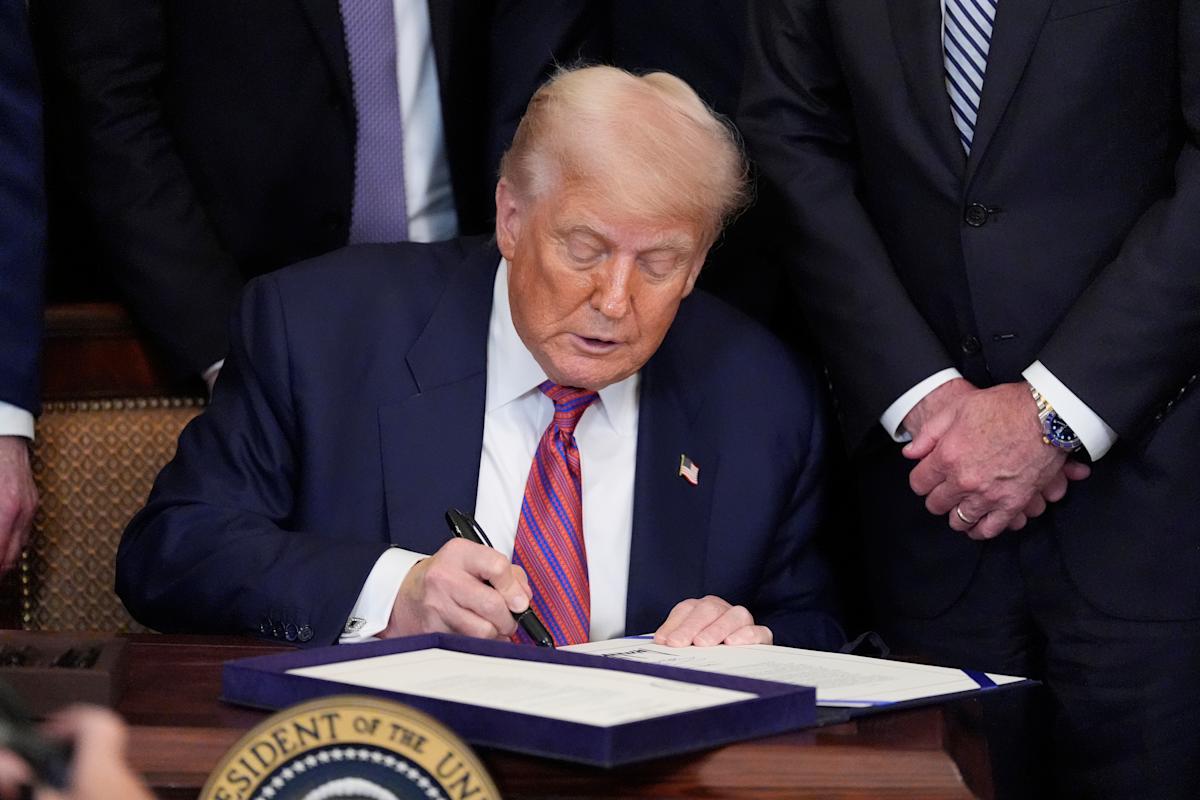Wall Street Legend Bets Against Strategy -- Says Bitcoin Investors Are Paying Double
Jim Chanos (Trades, Portfolio) is backwith a trade that's turning heads. The famed short-seller behind the Enron call is now targeting Strategy (NASDAQ:MSTR), not for its crypto exposure, but because of it. On a recent podcast, Chanos laid out what he believes is one of the cleanest arbitrage setups he's seen in years: short MSTR, long Bitcoin (BTC-USD). His reasoning? At current prices, buying the stock is like paying $220,000 for Bitcoin that trades near $110,000. That's because MicroStrategy's share price still reflects a steep premium over the company's actual Bitcoin holdings, even after the spread has started to narrow.
It's not just Chanos. Hedge funds have been circling this trade since MicroStrategy transformed itself into a kind of Bitcoin-holding company. Fueled by Michael Saylor's capital-raising spree, the firm has used equity and convertible debt to amass billions in BTC. Retail investors followed, helping push the stock far beyond its net asset value. While some bulls argue that leverage and zero-fee exposure justify the premium, skeptics are betting that rising dilution and tighter spreads will eventually bring the valuation back to earth. According to Bloomberg data, when factoring in dilution and stripping out the firm's legacy software business, MSTR is still trading at nearly double the value of its underlying crypto assets.
Not everyone is jumping in. Firms like Kerrisdale promoted the trade in early 2024 but have since stepped away, citing timing challenges. TD Cowen analyst Lance Vitanza, meanwhile, believes the premium might persistthanks to Bitcoin-per-share growth and MicroStrategy's unique structure. For now, the short side is cheap to maintain, with borrow costs still low and liquidity deep. But risks remain: unexpected corporate shifts, volatile BTC moves, or changes in short dynamics could all shake up the math. Chanos remains focused on the long game, saying the spread could compress meaningfully over timebut even he acknowledges this one's better suited for hedge funds than personal portfolios.
This article first appeared on GuruFocus.
Content Original Link:
" target="_blank">























